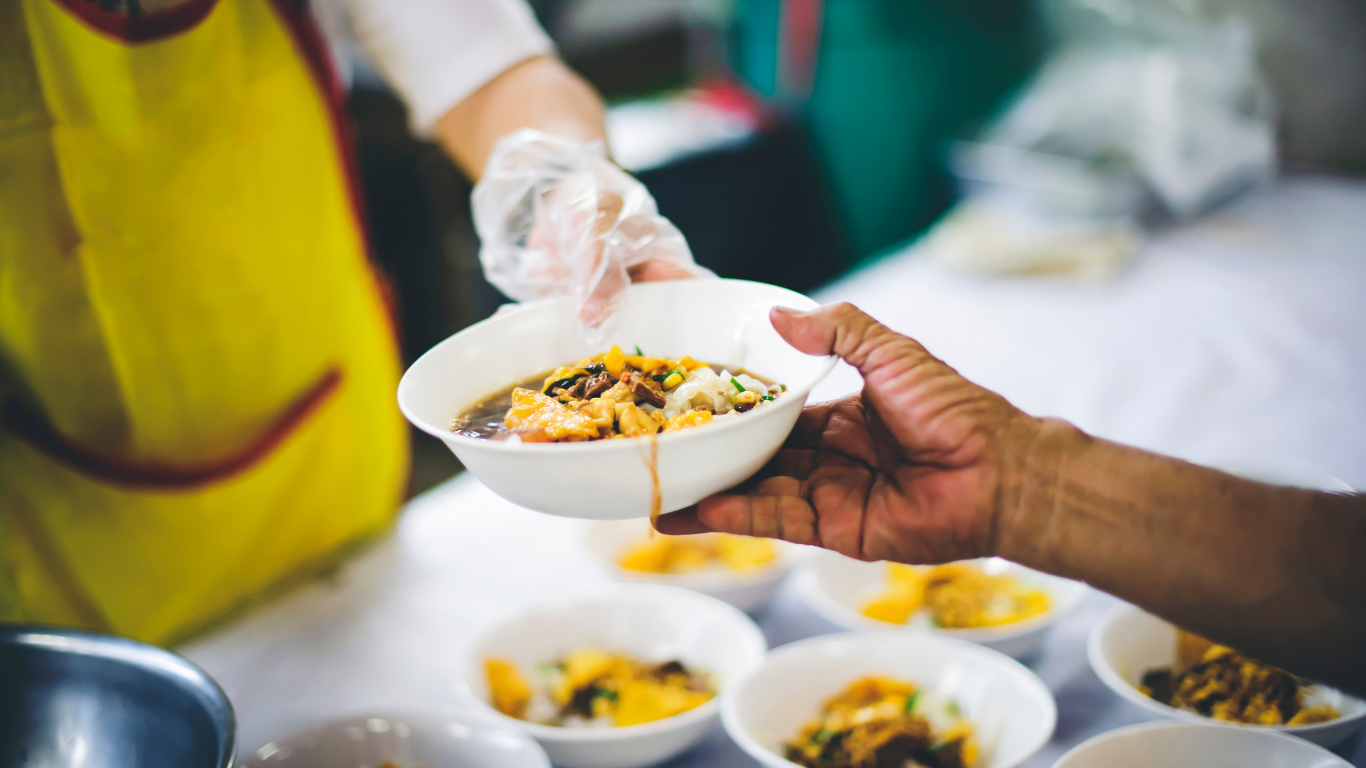If you want to live in a fairer world, there are plenty of reasons to practice philanthropy and help root the culture of giving in our society. The Greater Good Movement brought together five reasons to show that the time to act is now. It's nothing complicated, you just have to want it. And your participation can make a difference in the lives of many people, including yours.
1) You are part of the world
As dictionaries show us, the word philanthropy means 'love of humanity' and 'generosity towards others'. Just the literal meaning would be a great reason for everyone to understand its importance. But, faced with so much social inequality, the need to spread solidarity is even more pressing. We don't live in bubbles nor can we close our eyes, ignoring everything that is around us. On the contrary, we have to exercise our empathetic gaze, identify with another person's situation and seek to act to change the reality of our country. There is a clear interdependence, we are all jointly responsible for current situations. Organized civil society has a central role in building a better country.
2) Countless causes need your support
With the Covid-19 crisis, it was necessary to make many emergency donations , such as the delivery of masks and food. However, countless important causes continue to need support. In the midst of so many problems, how do you choose a cause to start helping? A good way is to identify the causes that touch your heart. Talk to family and friends, seek information, search the internet and see the demands. Try to choose a project that matches your profile. If you like to practice a sport, there are several institutions that work with children and young people through sport and education together. If you enjoy traveling, supporting projects that help refugees can generate great empathy. Look at the work of that small organization that operates in your neighborhood, you might identify with it. After choosing a cause, try to place the donation as a fixed action in your monthly financial planning. This is relevant so that organizations can organize themselves and maintain their functioning even in periods when contributions are lower.
3) NGOs do essential work
NGOs, supported by various sectors of society, were protagonists of many actions to help society during the pandemic. Extremely important activities, such as bringing food to those who needed it, were reported more frequently in newspapers, TV and the internet. The advancement of technology has also made it easier to monitor organizations' initiatives, check transparency, and understand the impact generated from donations. Thus, people became more aware of the serious and dedicated work of the entities, and the result was a growth in the population's trust in the third sector. According to the Brazil Donation Survey , coordinated by IDIS (Institute for the Development of Social Investment), trust in organizations, among donors, rose from 74% in 2015 to 93% in 2020. The rate of people who do not donate because they do not trust in institutions fell from 17% to 4% in five years.
4) It is possible to donate more than money
It is common to come across announcements of large donations in the news. However, we should not associate the image of a great philanthropist with only North American billionaires. Everyone can make donations that fit their budget, which also transform realities. And you can also donate in other ways: you can simply share a little of your time, your work and your affection through volunteering. This is an experience with transformative power. By getting directly involved in the actions, the volunteer has the opportunity to see, up close, the impact generated by the actions and has the chance to receive, as thanks, a hug or a smile from the person benefiting.
5) Build a positive legacy
We always need to remember that we are ephemeral and that in our daily lives we build a legacy to leave for the next generations. Through our actions, we serve as an example for our children and grandchildren. Considerate and simple gestures from a father or mother represent important lessons. By always treating other people with respect, you show children that no one is better than anyone else. Teaching that donating clothes is a way of helping someone in need, and not because the item is leftover, means transmitting valuable guidance. Stopping using your private car when possible to avoid further deteriorating the weather conditions means another lesson. To leave a better world as our legacy, it is important to act now and also plant the seeds for the future.
Carola Matarazzo
Executive director of Movimento Bem Maior



 ">
">


